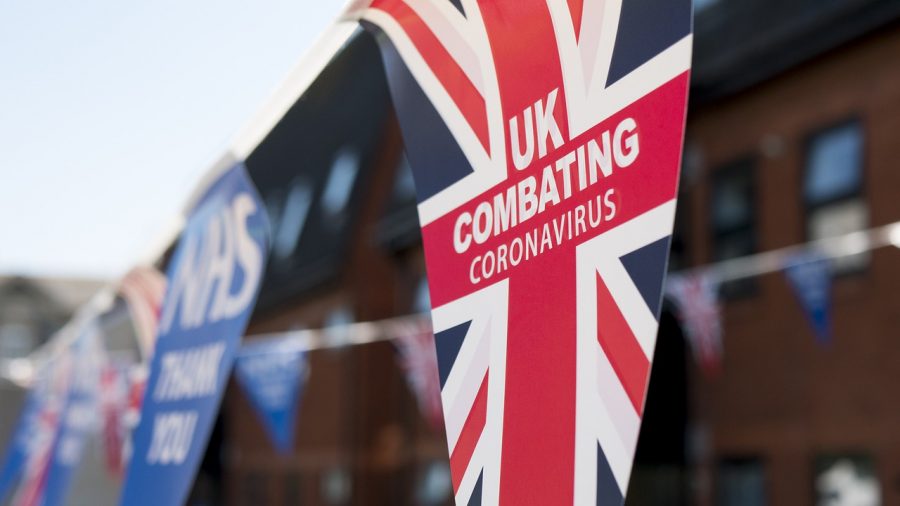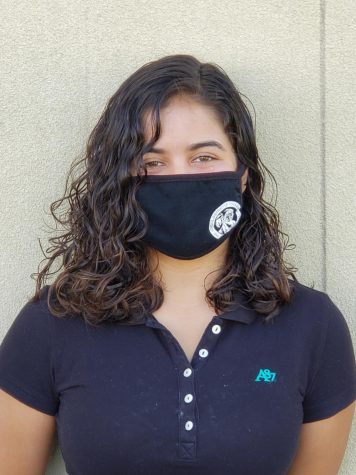Oxford Plans to Launch Study that Reinfects People with COVID-19
UK is planning to conduct a study to combat COVID-19.
April 23, 2021
Researchers at the University of Oxford on Monday announced the launch of a human challenge trial which will deliberately expose participants who already had COVID-19 to the virus again to examine immune responses and see if people can get infected again.
In February, it was announced that there would be so-called “challenge trials” in humans. In medical research, human challenge trials are controlled studies that involve deliberately exposing participants with a pathogen or a bug to study the effects. The trial will take place in two phases with different participants in each phase. The first phase is scheduled to begin this month and the second phase is due to begin in the summer. Currently little is known about what happens to people who have already had the virus when they are infected for a second time.
“The information from this work will allow us to design better vaccines and treatments, and also to understand if people are protected after having COVID, and for how long,” said Helen McShane, chief investigator of the study and professor of vaccinology at the Department of Pediatrics, University of Oxford. “When we re-infect these participants, we will know exactly how their immune system has reacted to the first COVID infection, exactly when the second infection occurs, and exactly how much virus they got.”
For phase one, up to 64 volunteers aged between 18 to 30-years-old who have previously been naturally infected will be re-exposed to the virus under controlled conditions. Researchers will oversee the care of the participants as they undergo CT scans of the lungs and MRI scans of the heart while isolating in a specifically designed suite for a minimum of 17 days.
“First, we will define very carefully the baseline immune response in the volunteers, before we infect them. We will then infect them with the dose of virus chosen from the first study and measure how much virus we can detect after infection. We will then be able to understand what kind of immune responses protect against re-infection,” McShane said. “Second, we will measure the immune response at several time points after infection so we can understand what immune response is generated by the virus,” she added.
The full length of the study is expected to take 12 months, including a minimum of eight months for follow ups after being discharged. If the results of the study are positive, it is hoped that it will help improve scientists’ basic understanding of the virus and help to design tests that can reliably predict whether people are protected.
Other than Oxford, there has been one other study published on The Lancet Respiratory Medicine on reinfection, which revealed it is possible for young people to get COVID-19 twice, although those who have had it before have a lower risk of infection a second time.


